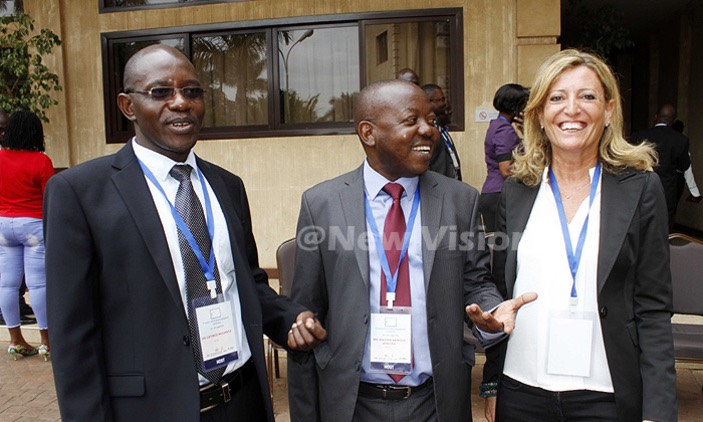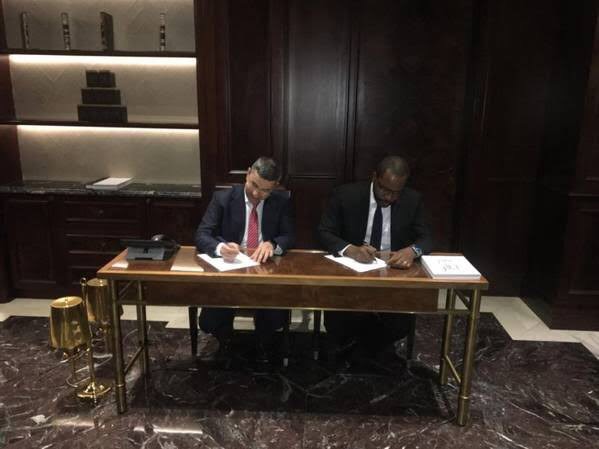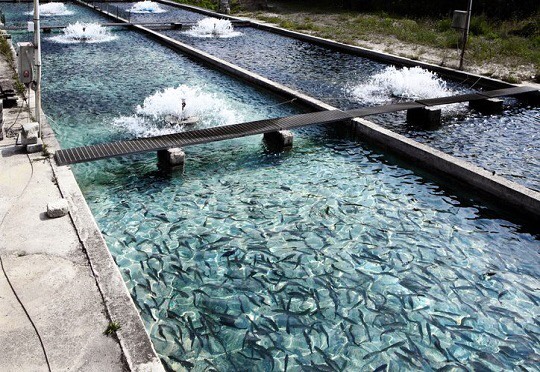Ugandan factories turning waste into raw materials

Huawei unveils mobile digital classrooms to provide skills training to rural communities in Kenya
October 1, 2019
50,000 jobs for Kaduna as Danish company signs MoU to start milk production
October 1, 2019Apparently now, in the next few years, there will be no more waste in Uganda as what is normally termed waste is being converted into raw materials.
According to Waiswa Ayazika, NEMA’s director of Environmental Monitoring, industries have developed a relationship, where the waste for one factory is used by another as a raw material.
“This waste we dispose of reduces potential employment and income opportunities,” he said, adding that throwing away waste is similar to throwing away money.
“I call upon companies and researchers present to explore every opportunity for re-using waste in a profitable and commercial way,” Wisawa said while speaking during a two-day East African waste management conference in Kampala, the capital of Uganda.
The conference themed Zero waste hierarchy, was organised by NEMA and Sanitation and Environment Consult.
According to Wasiwa, Skyfat, a leather processing company, produces offcuts of leather which were considered as waste. Today, the offcuts have become the raw material for making gelatin, which is a gel of very high value.
Also, 28 metric tonnes of raw fleshings are collected from Leather Industries of Uganda on a weekly basis for composting into organic manure by All Green Africa (U) Ltd.
In addition, industrial symbiosis was created between Sanatos Foods (U) Ltd and Tuwereza Bakery Ltd for the exchange of cheese offcuts. Previously, these cheese offcuts used to just be given off to workers at no cost and sometimes sold off at a giveaway price.
“As you are aware, as part of enforcement and compliance with environmental
requirements, there are a number of other approaches that have been used over time,” said Waiswa, stating that many industries have adopted cleaner production techniques that encourage recycling of waste. This has contributed to the sustainable use of resources by reducing or eliminating any negative impact, he said.
Furthermore, many countries in the region have developed regulatory frameworks that ensure that industries carry out Environmental Impact Assessment (EIA) before implementation, regular environmental audits and compliance monitoring.
EIA is the study undertaken to ensure that a project does not hurt the environment and also to ensure that it explores an alternative course of action.
Such innovations have presented the need for developing ecologically sustainable industries and shifting to more industrial symbiosis and efficient approaches, according to Waiswa. This has added value in products for as long and at the same time contributed to the elimination of waste.

Culled from www.newvision.co.ug




